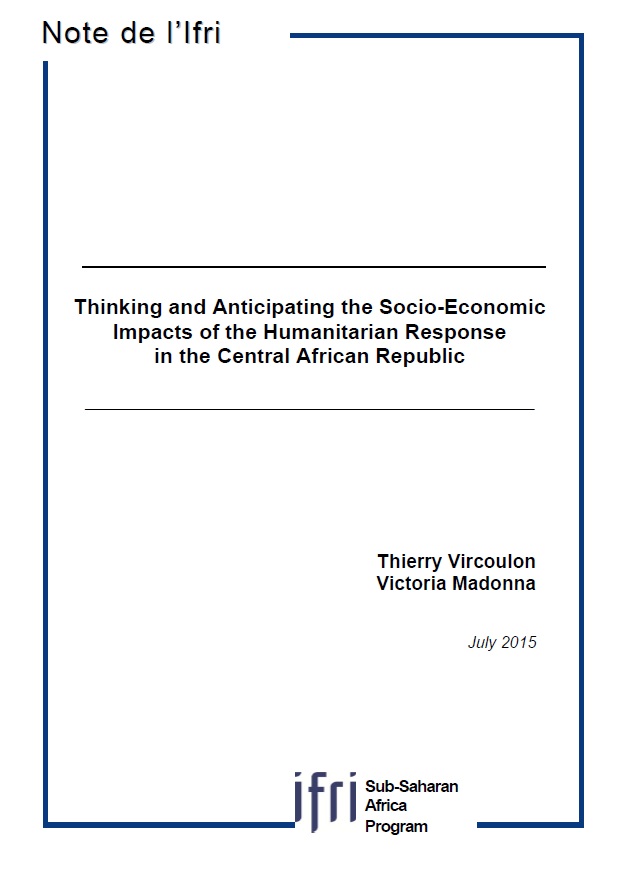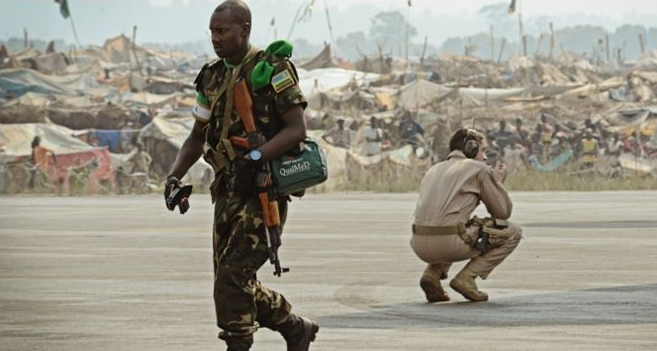Thinking and Anticipating the Socio-Economic Impacts of the Humanitarian Response in the Central African Republic

Nowadays, the Central African Republic (CAR) is a country dependent on international aid.

Since the coup d’état orchestrated by Michel Djotodia in March 2013 to overthrow the former CAR President, François Bozizé, in power since 2003, the Central African Republic has become a classic example of a failed state. Insecurity prevails in most of the provinces which are under the control of increasingly different and varied armed groups which stem from two sources: the anti-balaka and Seleka. The transitional government's authority is largely hypothetical, and it does not even fully control the capital city, Bangui.
After a year of insecurity and humanitarian crisis, this article examines the impacts of the humanitarian response in a country characterised by extreme poverty and by traditionally low donor interest. For those who knew the CAR before the crisis, the contrast in terms of the presence and international activity nowadays is striking. Such a major and quick change cannot fail to have substantial and possibly destabilising impacts for a country previously considered as an "aid orphan".
Download the full analysis
This page contains only a summary of our work. If you would like to have access to all the information from our research on the subject, you can download the full version in PDF format.
Thinking and Anticipating the Socio-Economic Impacts of the Humanitarian Response in the Central African Republic







